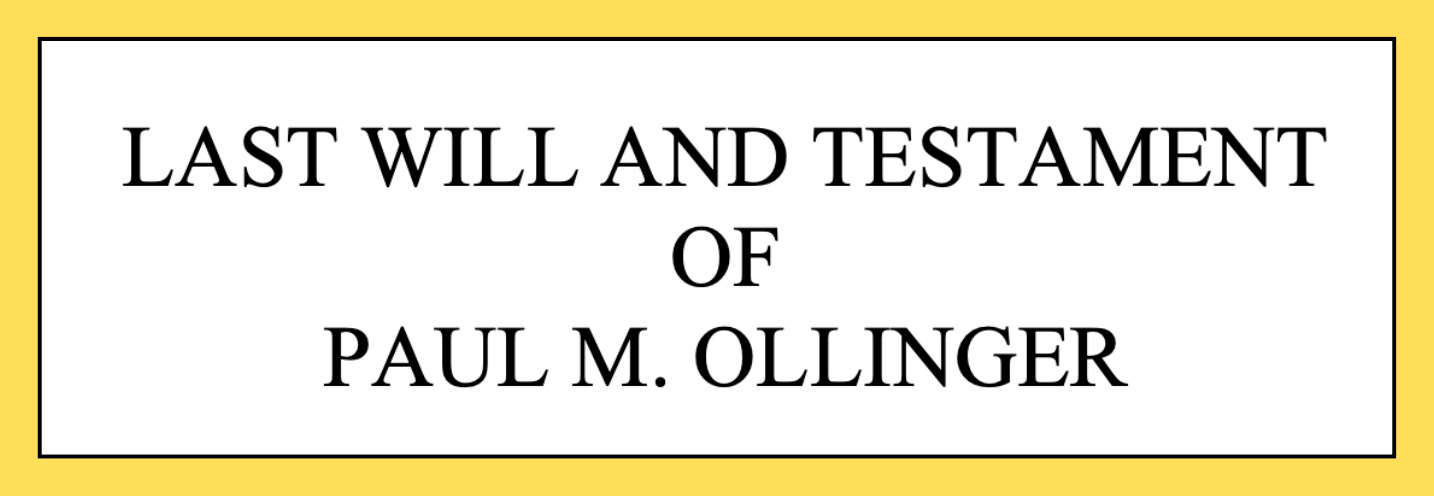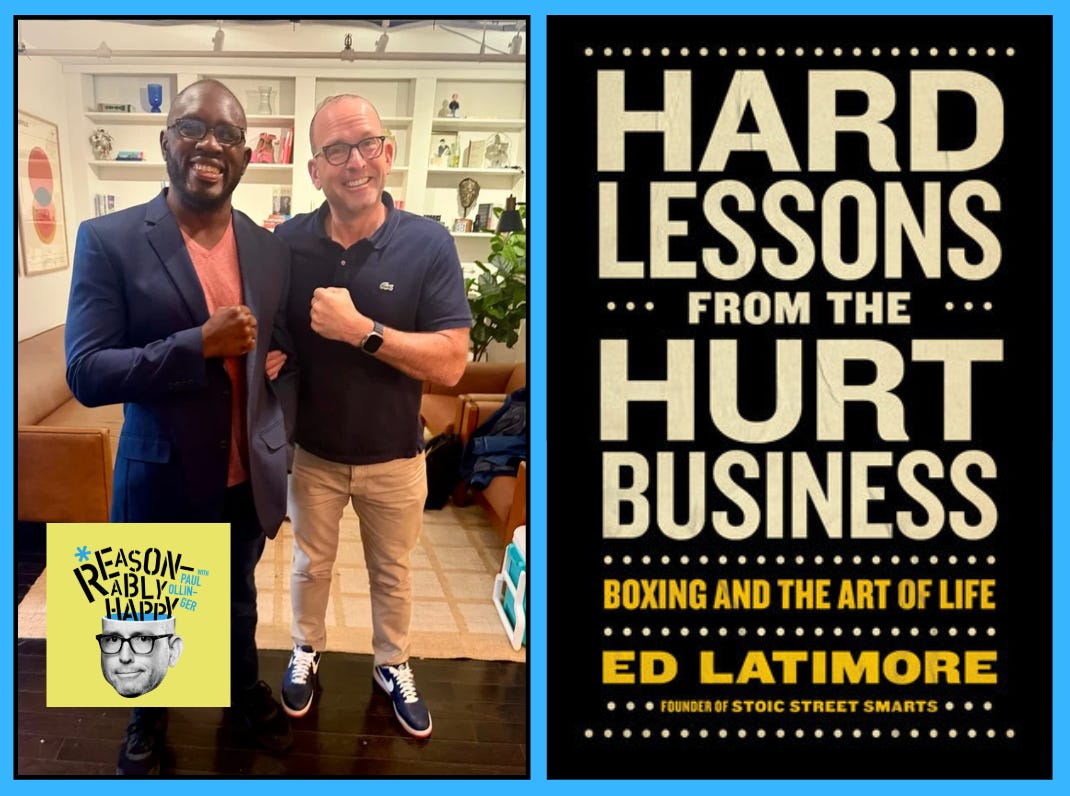The Hilarious World of Estate Planning
It’s not just about death. It’s about the illusion that you're in charge.
“Let’s say your entire family is wiped out—BANG—in one, simultaneous instant, like a plane crash or a Pompeii-style natural disaster.”
That was our estate attorney, on a Zoom with my wife and me, calmly walking us through the “what-ifs” of our will. After each gruesome scenario, he’d pause and say, “God forbid,” as if the disclaimer mitigated the theoretical horror.
Over the course of our $750/hour call, he said “God forbid” so often I thought it was a verbal tic.
Estate planning, I realized as we updated our paperwork after our recent move to New York state, is about much more than death. It’s about pretending to manage it. It’s an expensive, tedious, and existentially-terrifying exercise in the illusion of control—a way to keep your hands on the wheel of a car that’s headed straight for the cliff.
Drafting estate documents is like customizing a personal pizza. There’s a standard crust—executor, beneficiaries, trusts—to which you add your own toppings. But instead of sausage or pepperoni, you dress it up with answers to questions like, “What happens if everyone I love dies in a fiery inferno?” or “Should my son get his inheritance if he marries a Zohran supporter who refers to me as ‘Patriarchy Paul’?”
The questions start out pretty straightforward but get complicated quickly:
Who will raise our kids if both of us die?
Does one child get more than the other?
After I’ve departed, what will happen to my golf clubs?
You can even attach an infinite number of conditions to your bequests: My child receives their inheritance at age 38.5, but only if they’re married, go to church, and can name three Counting Crows albums without consulting ChatGPT.
In short order, you come to understand that these clauses are little more than posthumous parental manipulation: a futile attempt to extend your wishes past your expiration date. The process feels like a morbid game of Would You Rather?, but no matter how you slice it, every option ends with your money gone and you in a box.
And then there’s the Healthcare Power of Attorney—where you empower another person to pull your plug. “Yes, you can terminate my life support,” you might write, “but only if I have finally published my novel and finished re-watching all five seasons of Breaking Bad.”
Like colonoscopies and cleaning out the garage, estate planning invites procrastination. The questions are endless and speculative, but worst of all, they’re about you dying.
The language tries to soften the blow, but there’s no getting around it. “If something were to happen to you” is a euphemism for “when your cadaver starts decomposing.” And “Estate” is a fancy word for “the house and 401(k) you’ll never see again.”
The real absurdity of the whole operation isn’t all the legal hoops—it’s the premise. Estate planning is a last gasp in your fight against bureaucracy and an infinitely chaotic universe. You may indeed help your heirs avoid state probate court. But no matter how many documents you sign or forms you notarize, you cannot manage or predict what happens when you’re gone. If your kid wants to liquidate the family art collection and go long on FARTCOIN, there’s not much you can do about it. And resigning yourself to this fact is the quickest—perhaps only—way to get through the infinite hypotheticals.
If your kid wants to liquidate the family art collection and go long on FARTCOIN, there’s not much you can do about it.
So after weeks of stress and marital “debate,” my wife and I submitted our imperfect but good enough answers, signed the papers, then slid copies into our fireproof safe.
What the process really left us with was the stark impermanence of both our assets and our wishes. You can dictate who gets your stuff, but not how they’ll use it. You can name your executor, but can’t guarantee they won’t screw it up. You can govern the plan, but never the outcome.
It made us appreciate that having money isn’t the same as owning it. Like life, it is temporary custody. The Stoics called this memento mori—remember you must die. They encouraged daily contemplation of death as a path to wisdom. What they didn’t mention is that it involves so much paperwork.
And yet, there’s a strange peace in the preparation. So yes, make a plan. Name the guardian. Fund the trust. And sign the forms. Then close the laptop, hug your kids, and go spend some of that cash before something happens to you.
God forbid.
THE END (but keep reading)
If you want to hear an inspiring story, check out this week’s Reasonably Happy podcast conversation with Ed Latimore.
Ed grew up in the projects of Pittsburgh where poverty, drugs, and gun violence were the rule of the streets. But he escaped and went on to become a professional boxer (13-1-1) and earn a degree in Physics.🥊 ⚛️ 🤓
I spoke to Ed about his new memoir, Hard Lessons From the Hurt Business: Boxing and the Art of Life in which he shares stories about discipline, sobriety, and self-mastery.
Ed and I talk about how emotional control can out-power ego, how true masculinity is rooted in accountability, and why forgiveness is the ultimate form of strength.
He also discloses that he likes (and loves) his wife!
Listen here.
Thank you to Rob Henderson for making the introduction!
That is all - have a wonderful day!






Please send me the Fartcoin prospectus
As someone who spent 40 years in the business of helping people figure out what to do with their money, your comments are spot on. We imagine we have some control after we're gone, and some folks try really, really hard to ensure that happens, but in the end, we're gone and you're otherwise sane daughter and useless son-in-law will no doubt spend your hard earned money like drunken sailors. Take heart! At least you won't have these wastrels living in your basement for the rest of their lives.